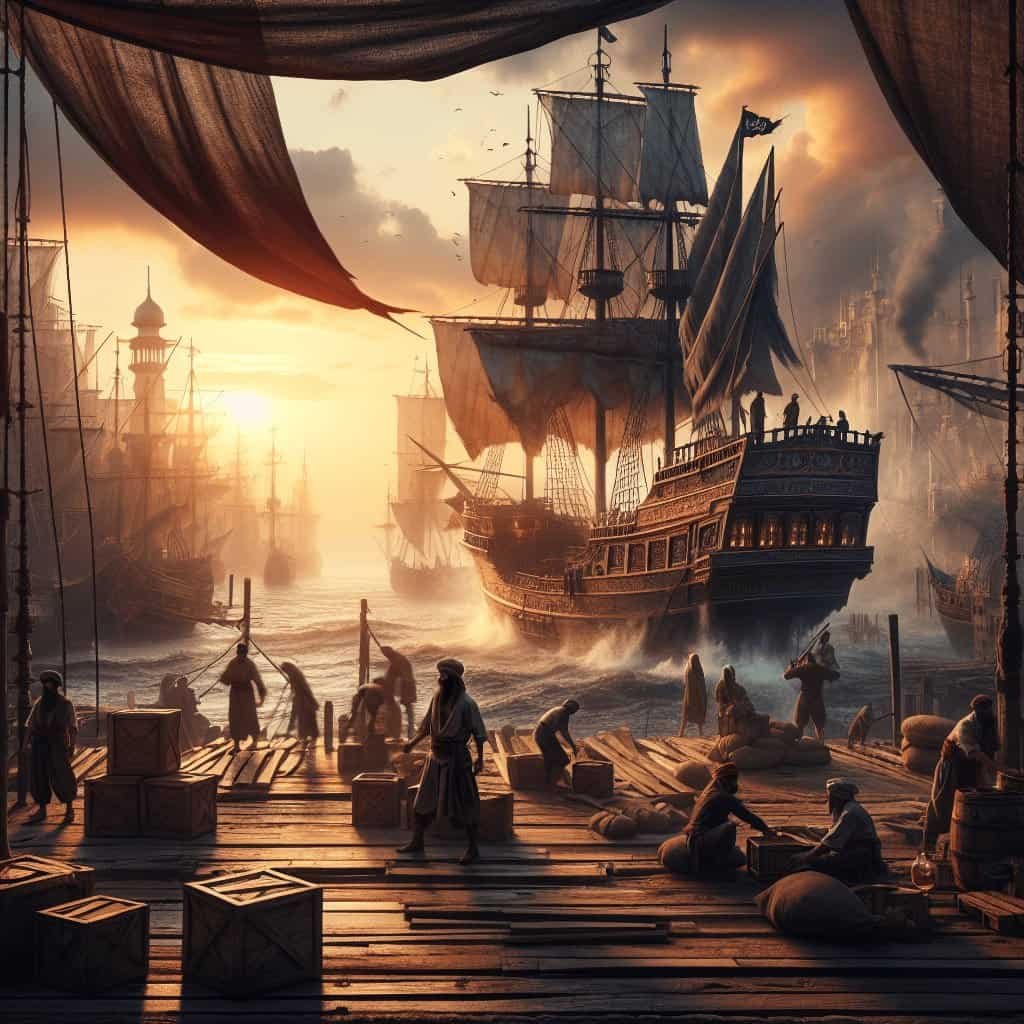Was There Actually a Great Pirate Era?
The tales of swashbuckling pirates, treasure-laden ships, and dramatic sea battles have captivated the imagination of people around the world for centuries. But was there actually a period in history that could be termed as the ‘Great Pirate Era’? This article delves into the historical context, key figures, and the impact of piracy during its most notorious period.
The Historical Context of Piracy
Piracy has been a part of maritime history since ancient times, but the era commonly romanticized and referred to as the ‘Golden Age of Piracy’ spanned from the late 1600s to the early 1700s. This period was marked by the proliferation of pirates who preyed upon the lucrative trade routes between Europe, the Americas, and the Caribbean.
- The Spanish Treasure Fleets: The immense wealth being transported from the New World to Europe, particularly by the Spanish, provided a tempting target for pirates.
- The End of European Wars: The conclusion of European conflicts, such as the Spanish Succession War, left many naval sailors unemployed, some of whom turned to piracy as a means of livelihood.
- Lack of Naval Control: The vastness of the Atlantic Ocean and the Caribbean Sea made it difficult for naval forces to control these waters effectively, thereby allowing piracy to flourish.
Notable Pirates and Their Impact
The Golden Age of Piracy is notable not just for the frequency of piracy but also for the personalities who became legendary. Some of these pirates left a mark not only on history but also on popular culture.
- Blackbeard (Edward Teach): Perhaps the most iconic of all, Blackbeard’s fearsome image and rumored bury
ing of treasure contribute to the lore surrounding pirates.
- Bartholomew Roberts: Known as ‘Black Bart’, Roberts is considered the most successful pirate of the Golden Age, capturing over 400 ships.
- Anne Bonny and Mary Read: These female pirates broke societal norms and were key figures in piracy lore, known for their ferocity and defiance of the patriarchal expectations of their time.
The Decline of the Great Pirate Era
The so-called Golden Age did not last long, primarily due to increasing naval patrols and the implementation of harsher penalties for piracy. By the 1720s, the most notorious pirates had been killed or captured, and the great pirate era began to fade into history.
- The Piracy Act of 1717: This act introduced by the British government offered pardons to pirates who surrendered and penalties, including death, for those who did not.
- Increased Naval Presence: Both the Royal Navy and privateers increased their presence in key areas, significantly reducing the number of successful pirate attacks.
- Changing Economic Conditions: As maritime trade routes became more secure and colonial economies stabilized, the opportunities for profitable piracy diminished.
Conclusion: The Legacy of the Great Pirate Era
While the Great Pirate Era was a definitive period in maritime history, it was relatively short-lived due to the very nature of its unsustainable practices. However, the impact of this era extends beyond its historical timeline through literature, films, and popular culture, immortalizing the image of the pirate. The real stories of these pirates, though often romanticized, reflect a complex interplay of economics, society, and law during a transformative period in world history.
In conclusion, the Great Pirate Era was indeed a significant period that shaped the course of maritime history and left an indelible mark on popular culture. Its stories continue to fascinate and entertain, reminding us of a time when the seas were ruled not just by nations, but also by those who dared to challenge the status quo on the open waters.
